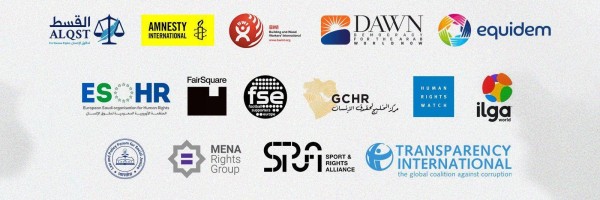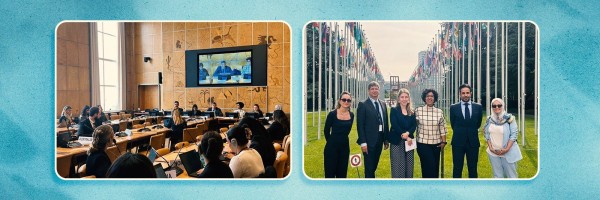The stark assessment by US intelligence, released today, that Saudi Arabia’s Crown Prince Mohammed bin Salman approved an operation in Istanbul “to capture or kill” journalist Jamal Khashoggi, highlights a clear understanding of his brutal and repressive style of rule, and is likely to lead to intensified calls for diplomatic and other measures to curb the Saudi authorities’ egregious violations of human rights.
The report by the Office of the Director of National Intelligence (ODNI), “Assessing the Saudi Government’s Role in the Killing of Jamal Khashoggi”, was declassified and made public by the Biden administration on 26 February 2021. It sets out the ODNI’s assessment that the crown prince approved the operation to murder Khashoggi, who was lured into the Saudi consulate in Istanbul on 2 October 2018 and was there assassinated and dismembered by a team of Saudi agents.
The ODNI bases this assessment on “the Crown Prince's control of decisionmaking in the kingdom, the direct involvement of a key adviser and members of Muhammad bin Salman’s protective detail in the operation, and the Crown Prince's support for using violent measures to silence dissidents abroad, including Khashoggi”.
Since King Salman came to power in 2015, his son Mohammed (commonly referred to as “MBS”) has seized ever-increasing control in the country, gathering all power and positions to himself, and monopolising decision-making. During this period the country has witnessed an intensified crackdown on civic freedoms and peaceful dissent, including the brutal torture of women human rights defenders, ongoing detention and unfair trials for a vast number of prisoners of conscience, and the targeting of dissidents abroad.
The ODNI report reinforces conclusions reached by others, including UN Special Rapporteur Agnès Callamard, who in her July 2019 report found “credible evidence” of high-level Saudi officials’ individual liability, including that of the crown prince, warranting further investigation. The Saudi authorities failed to cooperate with Callamard during her investigation.
Following today’s publication, the international community should now extend sanctions to all individuals responsible for Khashoggi’s murder. Until now, sanctions imposed by the US, UK and European Union, involving the freezing of financial assets and travel bans, have targeted a number of Saudi individuals involved in the murder, but excluded the crown prince, whom the ODNI has now unequivocally held to account.
Furthermore, this report should spark renewed calls for other means of pursuing justice for Khashoggi, including an international criminal investigation. So far, the Saudi authorities have obstructed any meaningful accountability for Khashoggi’s murder. On 7 September 2020 the Criminal Court in Riyadh “concluded” its sham trial for the murder, sentencing eight of the original 11 defendants to prison, some still unnamed, in a trial that lacked any transparency. The trial of the 11 individuals accused in the murder had been marred throughout by flawed judicial proceedings and shrouded in secrecy. The crown prince’s role was not addressed in court, and other officials, including the crown prince’s close advisor Saud al-Qahtani, were exonerated.
ALQST’s Executive Director Alaa Al-Siddiq commented: “This report states with crystal clarity what others - including UN Special Rapporteur Agnès Callamard - have previously concluded, namely that the Khashoggi murder implicates Saudi officials at the highest level, including the country's de facto leader Mohammed bin Salman.”
ALQST renews its call for an impartial, independent, international investigation and trial to resolve the still-unanswered questions of who planned and ordered Khashoggi’s killing on Mohammed bin Salman’s behalf, and what happened to Khashoggi’s body. ALQST also calls on the international community to bring pressure to bear on the Saudi authorities in order to rein in their widescale human rights abuses.




